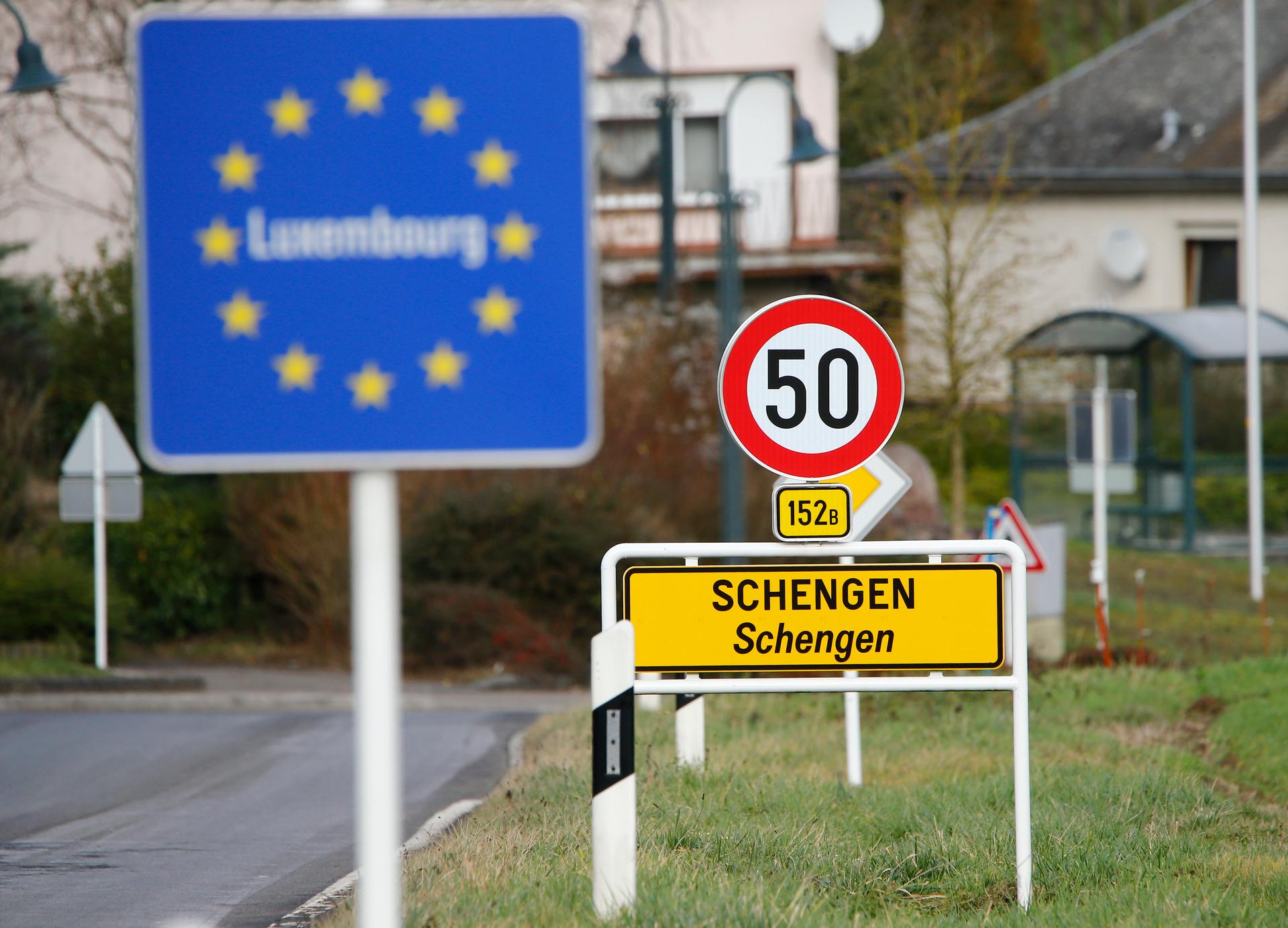The US stands to lose billions if Europe fumbles the refugee crisis
MUNICH, Germany — Europe’s refugee crisis might feel a million miles away for many Americans, but here’s something everyone can relate to: it could cost the United States several hundred billion dollars.
That’s according to the Bertelsmann Foundation, a respected think tank here in Germany, which looked at the potential economic consequences if Europe were to reinstate border controls within its 26-country passport-free travel area.
As the continent buckles under the weight of the most serious refugee crisis since World War II, the breakdown of that zone, known as the Schengen Area, has loomed as a dark prospect.
But border checks are bad for European business, experts say. They would even stunt economic growth through a vicious cycle that starts with higher labor costs — thanks to long lines at borders — and ends with declining sales and lower production.
For the European Union, the economic losses could reach up to $1.5 trillion by 2025.
And thanks to an increasingly interconnected world, says Thiess Petersen, a senior economic expert at the Bertelsmann Foundation, the US economy won’t escape unscathed.
“This is a whole mechanism of economic consequences, and sooner or later it will have an effect on the US,” he told GlobalPost.
That’s why the US is looking at a potential loss of around $304 billion over the next 10 years, more than EU powerhouses Germany, France or the UK would each stand to lose.
To be fair, that’s the “pessimistic” estimate, the think tank finds. But it’s more than likely the United States will lose at least around $100 billion.
One major reason is that slower economic growth in European countries would mean they’d buy fewer imports from America. Four of the United States’ top 20 trading partners — Germany, the Netherlands, France and Switzerland — are Schengen Area countries that would take economic hits from new border controls.
In recent months, EU officials have warned numerous times that suspending the Schengen Area and reintroducing border controls across the continent may become necessary if the huge crowds of Middle Eastern and North African migrants don’t subside soon. More than 110,000 migrants or refugees have crossed the Mediterranean to Greece and Italy so far in 2016, the International Organization of Migration said Tuesday.
Several countries, such as Germany, Austria and Denmark, have already put up temporary border checks on their frontiers.
The story you just read is available for free because thousands of listeners and readers like you generously support our nonprofit newsroom. Every day, reporters and producers at The World are hard at work bringing you human-centered news from across the globe. But we can’t do it without you: We need your support to ensure we can continue this work for another year.
Make a gift today, and you’ll get us one step closer to our goal of raising $25,000 by June 14. We need your help now more than ever!
